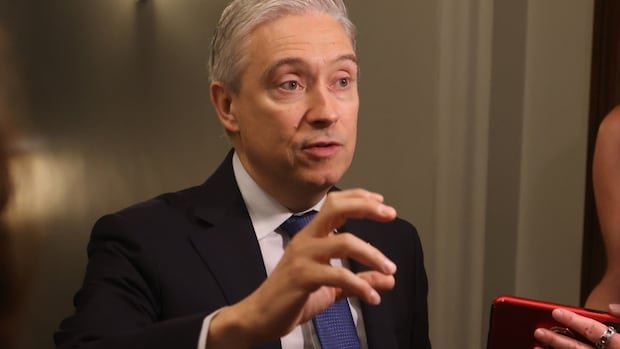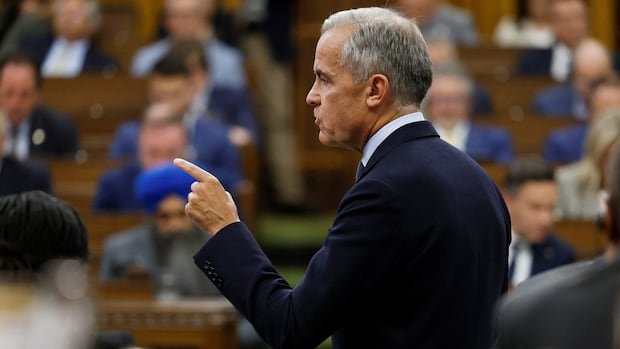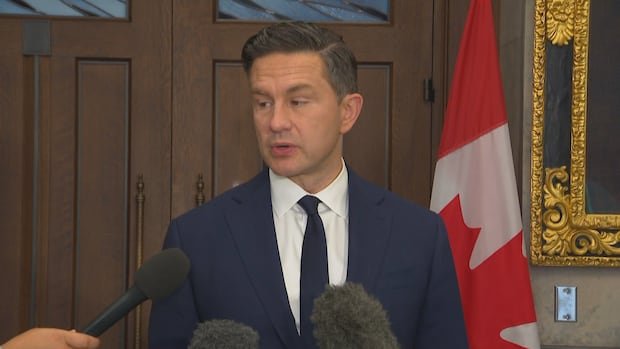Canada is gearing up for what Finance Minister François-Philippe Champagne calls a “generational investment” in the upcoming federal budget, slated for early November. The Conservatives are awaiting more details before committing to their support.
Comparing the current situation to 1945, Champagne emphasized the need for Canada to reimagine itself and make significant investments to reduce dependence on the United States, which continues to impose tariffs on Canadian products.
Highlighting the necessity of long-term investments, Champagne stressed the importance of enhancing resilience and prosperity throughout the country.
Addressing the impacts of global economic shifts, Champagne explained that the incurred costs were essential to supporting Canadian workers amidst changing economic dynamics.
Prime Minister Mark Carney anticipates a larger deficit compared to the previous year, with the last reported deficit reaching $61.9 billion in December.
Champagne assured that the government plans to balance operational spending over the next three years, aiming for a declining deficit-to-GDP ratio.
The Liberals have signaled their intent to reduce government operational spending by 7.5% in the 2026-27 fiscal year, with further reductions planned for subsequent years.
During a recent committee appearance, interim Parliamentary Budget Officer Jason Jacques expressed concerns over the absence of clear fiscal guidelines within the government.
The official budget reveal, expected on November 4, has been postponed from the initially proposed October timeline to accommodate parliamentary schedules.
In assessing their support for the budget, Conservative House Leader Andrew Scheer emphasized the importance of thoroughly evaluating all aspects before making a decision.
Scheer referenced the Liberal election pledge of a projected deficit in 2025-26 and emphasized the need for accountability in meeting those commitments.




